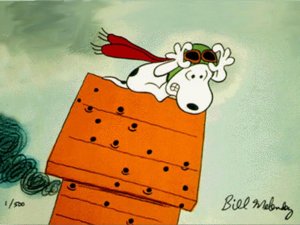If you want to thank someone for the most people lost during WWII probably better start with the Russians, protecting the oil supply lines out of Stalingrad. China will "police the world" to the extent of its economic interests. US policy on race in South Africa merely shut the US out while China invested heavily.
"Swords or plowshare" philosophies have been around since biblical times. Most are based on demand and supply considerations, and some in the extreme such as the command economy of the Soviets. (production capacity is limited so choices regarding resource allocations are limited). They no longer apply, you should be more concerned about who is controlling "high volume trading" on world exchanges, and centralized market conditions, particularly the futures market. US military has been downsizing for some time. Use of drones, satellites, NSA monitors, control of information. Wars based on assets, (tanks,planes) and the math of attrition are over, one of the reasons terrorist groups can be so effective, they don't need them. The current war is insurgency. The US war machine is a mercenary one, the laws concerning warfare, and even the countries themselves do not apply to "private security companies".
"Swords or plowshare" philosophies have been around since biblical times. Most are based on demand and supply considerations, and some in the extreme such as the command economy of the Soviets. (production capacity is limited so choices regarding resource allocations are limited). They no longer apply, you should be more concerned about who is controlling "high volume trading" on world exchanges, and centralized market conditions, particularly the futures market. US military has been downsizing for some time. Use of drones, satellites, NSA monitors, control of information. Wars based on assets, (tanks,planes) and the math of attrition are over, one of the reasons terrorist groups can be so effective, they don't need them. The current war is insurgency. The US war machine is a mercenary one, the laws concerning warfare, and even the countries themselves do not apply to "private security companies".



